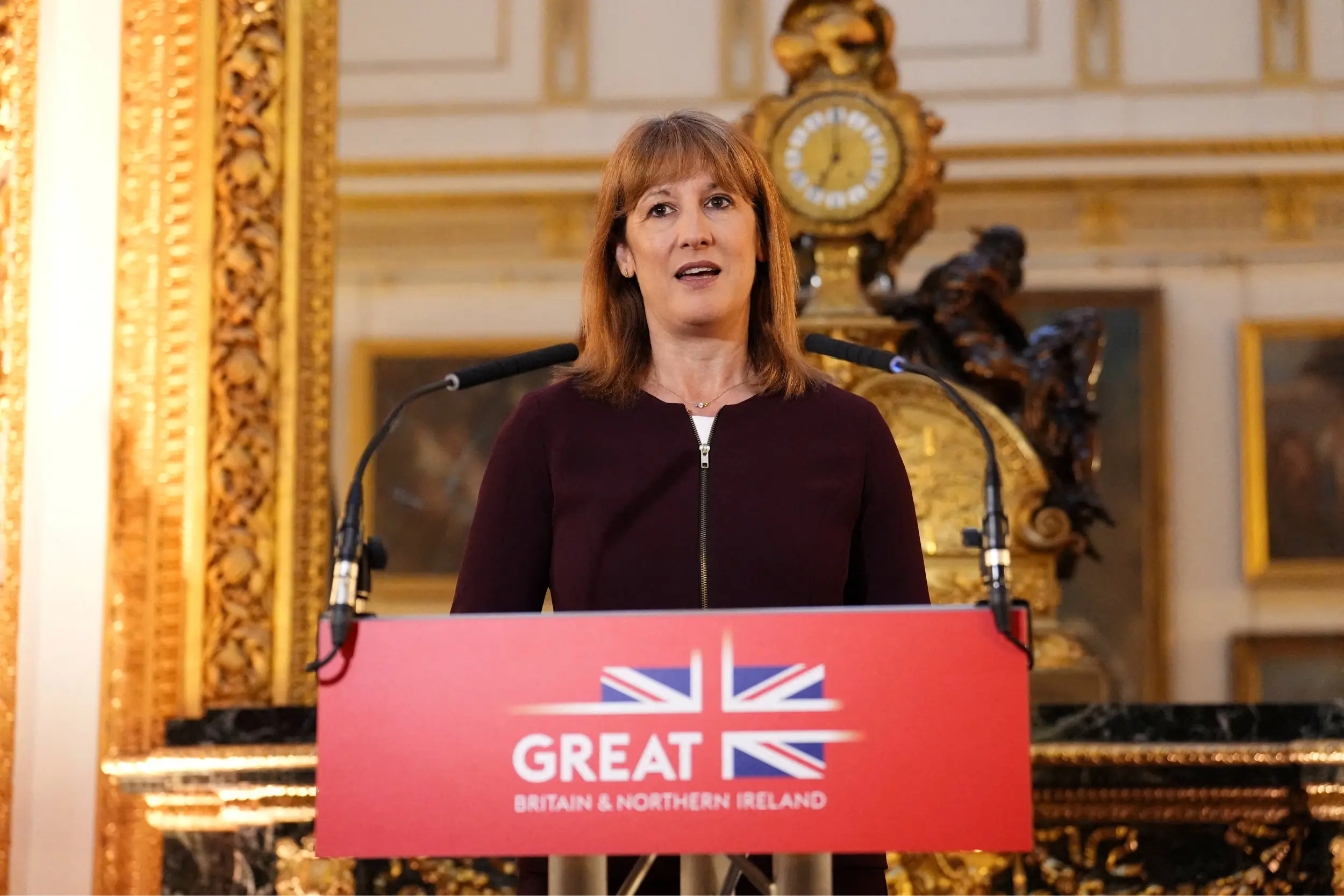October 4, 2025
UK Finance Minister Rachel Reeves announced plans to ease visa rules to attract top global talent, following Trump’s U.S. visa restrictions.

The United Kingdom is preparing to take advantage of recent U.S. immigration policy changes under Donald Trump’s administration by making it easier for global talent to live and work in Britain, according to UK Finance Minister Rachel Reeves.
Speaking to business leaders and media outlets, Reeves emphasized that the government’s priority is to ensure the UK remains a top destination for innovation, finance, and global entrepreneurship, particularly after the United States introduced new visa restrictions targeting foreign professionals.
Earlier this week, President Donald Trump signed an order tightening visa pathways for international workers in the United States. The move has generated widespread concern in the tech, finance, and academic sectors, where companies and institutions rely heavily on global expertise. Critics argue that Trump’s order will stifle innovation and push skilled professionals to seek opportunities elsewhere.
Seizing on this shift, Reeves said the UK has a “unique opportunity” to position itself as the most attractive global hub for talent and investment.
The Reeves plan focuses on:
Simplifying visa procedures for highly skilled professionals.
Expanding the Global Talent Visa program, particularly for tech, science, and finance sectors.
Offering incentives for startups, entrepreneurs, and researchers to relocate to Britain.
Reducing visa fees and bureaucratic delays for individuals deemed “global talent.”
Reeves highlighted that Brexit has already reshaped Britain’s immigration landscape, making it more flexible for the government to design targeted visa programs without EU restrictions.
The proposal has been welcomed by UK businesses, particularly in the finance and technology sectors, which have long called for easier pathways to attract skilled workers.
A spokesperson for the Confederation of British Industry (CBI) stated:
“If the U.S. is closing its doors, the UK should open them wider. Reeves’ plan could help Britain gain a competitive edge in attracting top global talent.”
Tech entrepreneurs and academic leaders also praised the initiative, noting that global competition for AI researchers, engineers, and medical scientists is intensifying.
However, the announcement has sparked debate in Parliament. Critics from opposition benches argue that easing visa rules may conflict with the government’s pledge to reduce overall immigration levels. Reeves responded by stressing that the focus is on quality over quantity, ensuring that only those with skills critical to the UK economy benefit from the program.
Conservative MPs cautioned that the government must strike a balance between economic needs and public concerns about immigration, while Labour ministers insisted that Britain cannot afford to lose out on top talent to countries such as Canada, Germany, or Australia.
The race to attract skilled professionals is becoming increasingly competitive worldwide. Canada, for example, has already positioned itself as a beneficiary of stricter U.S. immigration rules, offering fast-track visas for tech workers. Germany and France are also expanding their own visa schemes for researchers and AI professionals.
The UK’s move, if implemented effectively, could ensure that London and other financial hubs remain attractive centers for innovation and investment, particularly at a time of global economic uncertainty.
By promising to ease visa barriers, Rachel Reeves is betting that Britain can transform geopolitical shifts into economic opportunity. With the U.S. tightening its stance under Trump, the UK is positioning itself as a welcoming alternative for the world’s brightest minds.
The coming months will determine whether these policy changes can be enacted swiftly enough to capture displaced global talent and reinforce Britain’s post-Brexit role as a global leader in finance, technology, and research.